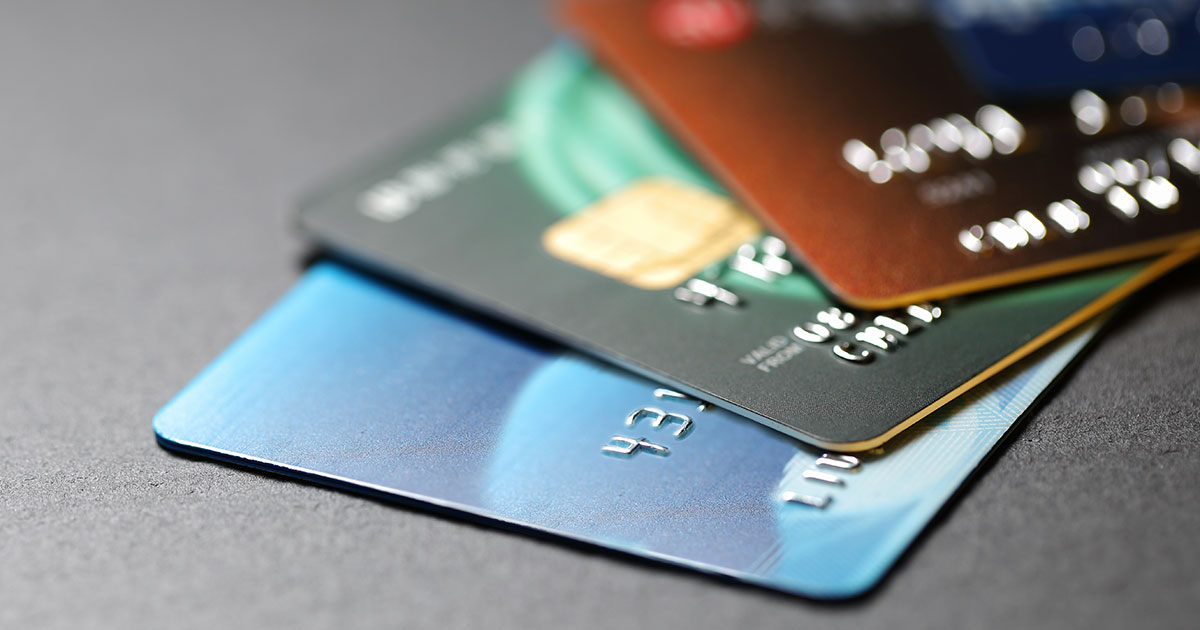
Should You Charge Patients for Credit Card Fees?
The Rising Cost Of Credit Card Fees
Credit card companies have been increasingly charging higher fees for everything from balance transfers to late paymentsThis trend has caused many people to reevaluate their use of credit cardsFor some, the increased fees are simply not worth the convenience of using a credit cardOthers have no choice but to continue using credit cards, even if it means paying higher feesEither way, the rising cost of credit card fees is having a major impact on consumers.
It remains to be seen how long this trend will continueCredit card companies are under pressure to maintain their profits, and many have already raised rates and fees to compensate for losses from the recessionWhether or not this trend will continue is anyone’s guess, but one thing is certain: the rising cost of credit card fees is putting a strain on consumers.
Should Providers Pass These Costs On To Patients?
In recent years, the cost of credit card processing has been on the riseThis is due to several factors, including new regulations and an increase in fraudAs a result, many providers are now being charged higher fees for credit card transactionsShould these providers pass these costs on to patients?
There is no easy answer to this questionOn one hand, credit card fees can represent a significant cost for providersIf providers were required to absorb these costs, it could lead to decreases in quality or increases in ratesOn the other hand, some patients may be unable to pay their bills if credit card fees are added onThis could lead to bad debt or collections activityUltimately, the decision of whether or not to pass credit card fees on to patients is a difficult one that each provider must make based on their unique circumstances.
What Are The Benefits And Drawbacks Of Charging Patients For Credit Card Fees?
In recent years, an increasing number of businesses have begun to charge their customers a fee for paying credit cardThis practice has generated a great deal of controversy, with some arguing that it is unfair to those who cannot afford to pay in cash and others asserting that it helps to offset the high cost of processing credit card payments.

There are several potential benefits to charging patients for credit card feesFirst, it may deter customers from using their credit cards, opting instead to pay in cash or with a debit cardThis can help to save the business money on transaction feesAdditionally, it may encourage customers to be more mindful of their spending, as they will be less likely to make impulse purchases if they know that they will be charged a fee for doing soFinally, it may help to boost revenue for the business, as customers who would otherwise have paid in cash may be more likely to use their credit cards if they know that there is a fee associated with doing so.
However, there are also several potential drawbacks to this practiceFirst, it may alienate customers who cannot afford to pay the fee, deterring them from returning in the futureAdditionally, it could lead to customer complaints and negative reviews, as paying a fee simply for using a credit card is often seen as unfair or unreasonableFinally, businesses should be aware that some credit card issuers prohibit merchants from passing on transaction fees to their customers, meaning that they could potentially be violating their contract instituting this policyOverall, whether or not to charge patients for credit card fees is a decision that each business must weigh carefully before implementing.
Charging patients for credit card fees may seem like an easy way to make some extra money, but it can also have a negative effect on your practiceBefore you start charging patients for using their credit cards, carefully weigh the pros and cons of this decision and consider how it might impact patient satisfaction and loyalty.









